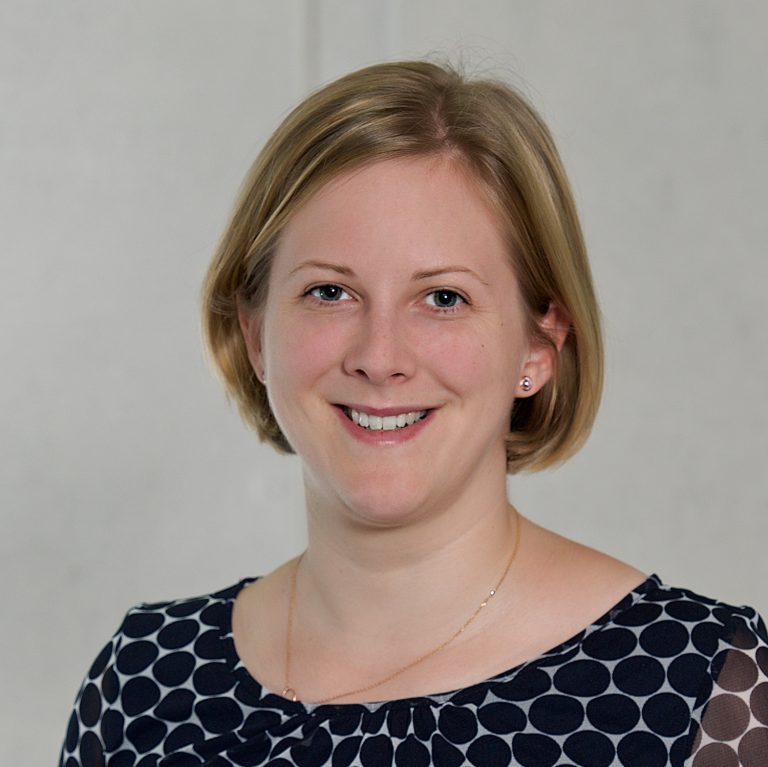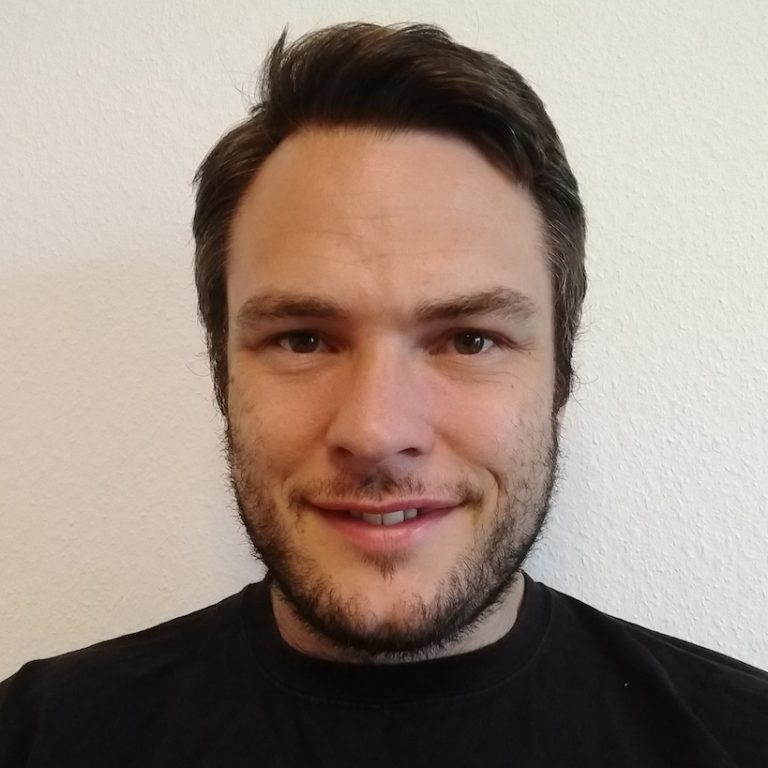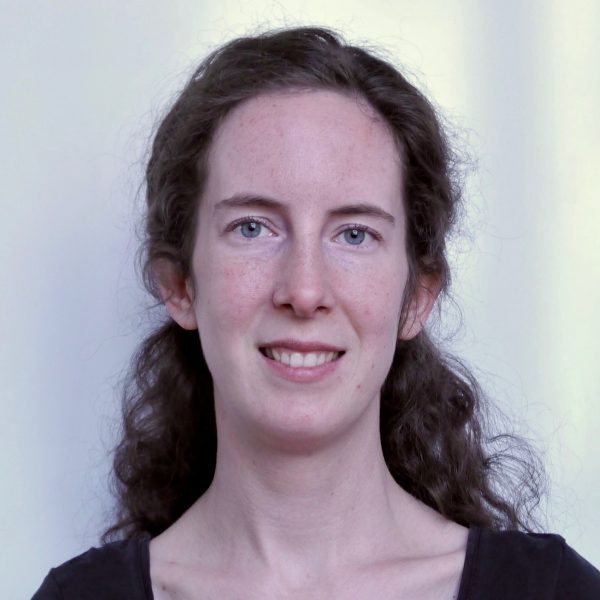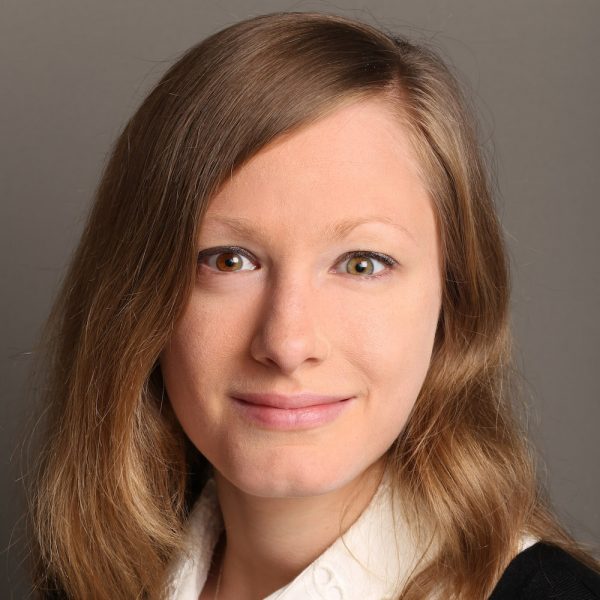Members






The Forcing Project (2018-2023) is concerned with the fundamental question of conceptual change in the formal sciences. The project investigates the claim that such a conceptual change has happened in the unique setting of the so-called forcing technique in modern set theory: Forcing is an exceptionally powerful and versatile set-theoretic technique that allows to build an infinite number of new mathematical universes. Because set theory is not only one of the many fields of mathematics, but is considered the standard for the foundations of mathematics, a conceptual change in set theory could have far-reaching consequences beyond that of set theory alone.
Three disciplines – mathematics, philosophy and history – will be used to show how forcing was created, accepted and developed in the set-theoretic community; how it influences philosophical questions and research programs; and, finally, how it restructured the field of set theory and the foundations of mathematics. The project will address pressing questions in each of these disciplines and coalesce the results into the first comprehensive and interdisciplinary account of forcing in the foundations of mathematics.
Here’s a short visual introduction to the Forcing Project for a broader audience:
Project Overview
A scientific discipline’s concept shapes its very character, from directing its most basic research questions to influencing the methods it employs. Therefore the questions of how, why and with what consequences the concept of a discipline changes are very fundamental.
The research projects wants to show that such a change has taken place in the foundations of mathematics during the last decades. The specific case this project addresses, the so called forcing technique in set theory, is rather exceptional.
Firstly, its research subject has a special status: Set theory is a part of mathematics just like algebra, geometry or statistics, but at the same time it is much more, as it is generally regarded as the standard for the foundations of mathematics. As such, a conceptual change in set theory has far-reaching consequences in the foundations of mathematics and, possibly, in the foundations of the exact sciences.
Secondly, the research project proposes that the change happened in a peculiar fashion, namely without the practitioners of set theory realizing it. That this is indeed possible is due to the fact that the change of the paradigmatic concept came about not by embodying a new idea, but through the extensive use of a new technique by its practitioners. This creates a tension where the practitioners are already working in a new conceptual setting, while still “living” in the old one.
The project examines this change and its consequences by working in three fields: mathematics, philosophy, and history; therefore it constitutes both a multidisciplinary and an interdisciplinary endeavor.
Ultimately, it aims towards the first unified and comprehensive account of the forcing technique related to the foundations of mathematics.